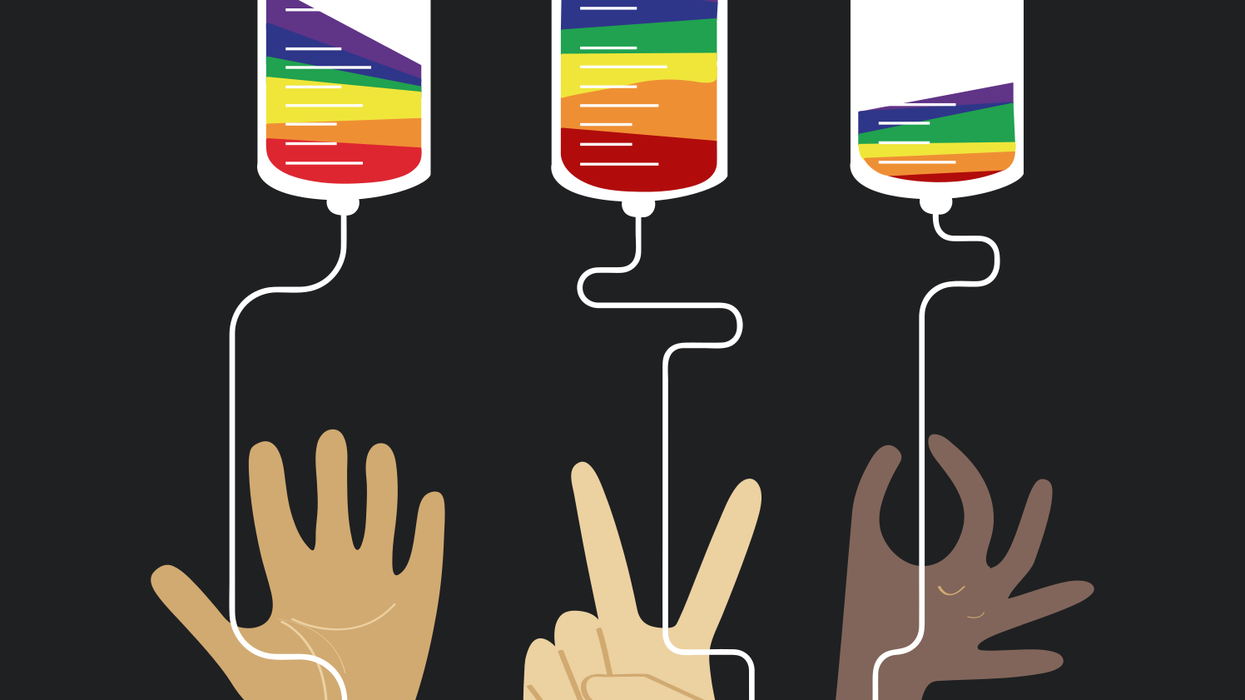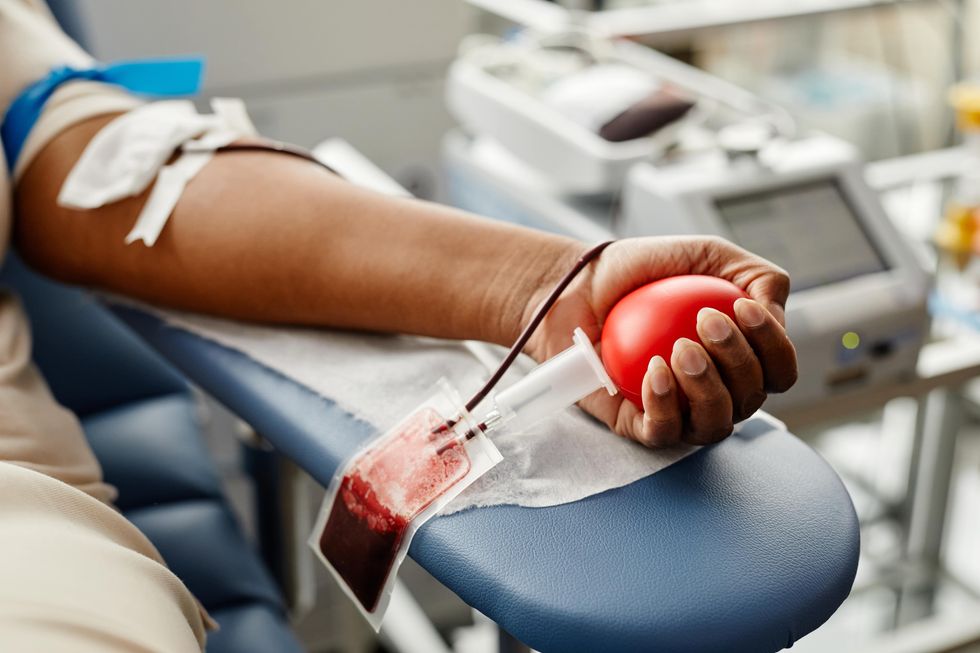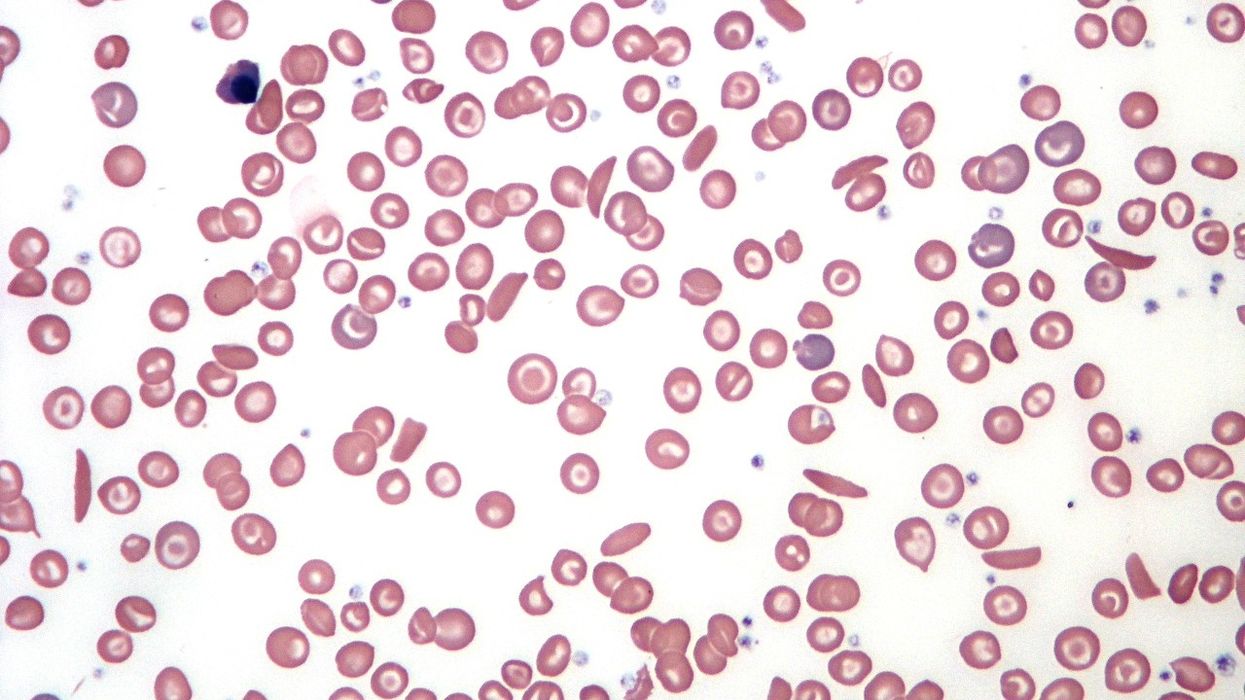Blood donation is a life-saving act that knows no gender, sexual orientation, or identity. The LGBTQ (Lesbian, Gay, Bisexual, Transgender, and Queer) community has long faced restrictions and discrimination when it comes to donating blood. However, as societal attitudes and regulations evolve, so too does the role of the LGBTQ community in supporting blood banks. In this article, we will explore the history, challenges, and progress of LGBTQ blood donation, emphasizing the importance of inclusivity and the ongoing need for safe and equitable practices.
Historical Restrictions and Discrimination
For decades, the LGBTQ community has faced discriminatory policies that either banned them from donating blood or subjected them to lengthy deferral periods. These restrictions were rooted in misguided fears associated with the HIV/AIDS epidemic in the 1980s, stigmatizing gay and bisexual men as high-risk donors. Such policies perpetuated stereotypes and created barriers for those who wished to contribute to the health of their communities.
Policy Changes and Progress
Over the years, there has been significant progress in revising these discriminatory policies. Many countries have shifted from outright bans to more equitable regulations that focus on individual risk factors rather than sexual orientation or gender identity. The implementation of these changes has opened the door for LGBTQ individuals to participate in the noble act of donating blood.
Individual Risk Assessment
Current guidelines in several countries now prioritize individual risk assessments, considering factors such as recent sexual activity, substance use, and travel history. This approach allows for more inclusive blood donation practices, emphasizing the importance of assessing all potential donors based on their unique circumstances rather than making blanket assumptions based on identity.
Importance of Inclusivity
Inclusivity in blood donation is not just a matter of social justice but also of public health. Blood banks constantly need a diverse and robust pool of donors to maintain an adequate supply of safe blood. Excluding any potential donors based on stereotypes or misconceptions is a disservice to both the LGBTQ community and those in need of life-saving transfusions.
LGBTQ Community’s Role in Blood Donation
The LGBTQ community has increasingly embraced the opportunity to give back through blood donation. Many LGBTQ individuals, organizations, and allies are actively involved in blood drives and campaigns, working to dispel myths and raise awareness about the need for a diverse and inclusive donor base.
Challenges and Continued Advocacy
While significant progress has been made, challenges remain. Some regions and countries still have outdated policies, and social stigma persists. Advocacy efforts are essential to further change policies and attitudes. The LGBTQ community, along with its allies, must continue to press for more inclusive blood donation regulations and practices.
Blood donation is a selfless act of giving that knows no boundaries. The LGBTQ community, like anyone else, should have the opportunity to contribute to this lifesaving cause. As policies shift toward more inclusive practices, it is crucial to remember that blood donation is about assessing individual risk, not making assumptions based on identity. It is a testament to our collective humanity that, when it comes to saving lives, we are all equal and deserving of the chance to help.

















 Ragina Ireland has been lovingly supported throughout her cancer journey by her sister, Johnnie Ireland. Four years ago, Ragina took a Cancer Genetic Risk Assessment test to help give her sister a clearer understanding of her own risk for developing breast cancer.
Ragina Ireland has been lovingly supported throughout her cancer journey by her sister, Johnnie Ireland. Four years ago, Ragina took a Cancer Genetic Risk Assessment test to help give her sister a clearer understanding of her own risk for developing breast cancer.  Karla Mingo believes that her greatest gift as a cancer survivor is the ability to live with gratitude and thankfulness.
Karla Mingo believes that her greatest gift as a cancer survivor is the ability to live with gratitude and thankfulness.